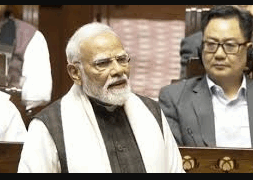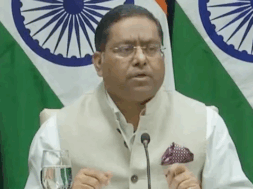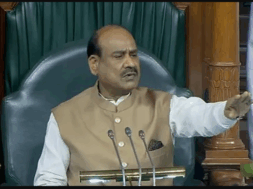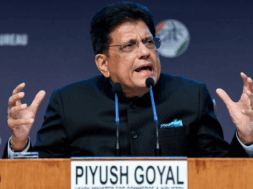
China Plans to Build New Highway Along LAC with India: Report
New Delhi: The black intentions of the communist government of China look not over yet as the latest media report of Taiwanese media claimed that the Beijing government is planning to build a new highway along the Line of Actual Control (LAC) with India. Relations between to largest populated countries were disturbed after the Galwan Valley incident that took a place on 15 June 2020.
According to the media report, Beijing wants to strengthen its strategic position and project its power at LAC. On Tuesday, new satellite images emerged indicating the construction of a Chinese village east of the Doklam plateau on the Bhutanese side, a region that is considered important for India’s strategic interest.
The massive development of rail, road, and airport development vastly improved the Chinese military’s ability to move men, materials, and weapons to the border areas at a faster pace. Tibet has five airports including Nyingchi, Shigatse, and Ngari located close to the Indian and Nepal borders. Authorities in Tibet accelerated 15 key construction projects last year, including the middle section of the highway from the regional capital Lhasa to Xigaze.
The Hong Kong-based South China Morning Post (SCMP) reported that the highway, spanning from Lhunze county in Tibet to Mazha in Kashgar, Xinjiang region, is among 345 construction plans proposed in the new national program, which aims to build a total of 461,000 km of highway and motorway by 2035, as China seeks to revive its faltering economy with infrastructure investment.
The SCMP also clarified, that Lhunze county formed part of Arunachal Pradesh, which China claims as part of South Tibet. Under the plan released last week, the highway known as G695 is expected to run through Cona county – which lies immediately north of the LAC, Kamba county bordering Sikkim, and Gyirong county near the border with Nepal.
There was no official reaction here to the news report in the Hong Kong media. India has said previously that it keeps an eye on all the activities along its border.
India consistently tries to maintain peace and tranquillity along the LAC, which is a key to the overall development of the bilateral ties. Last month External Affairs Minister S Jaishankar asserted that India will not allow any unilateral attempt by China to change the status quo or the LAC. At his meeting with Chinese counterpart Wang Yi on the side-lines of recent G20 foreign ministers in Bali, Jaishankar conveyed to Wang the need for early resolution of all the outstanding issues in Eastern Ladakh.
(_Vinayak)














